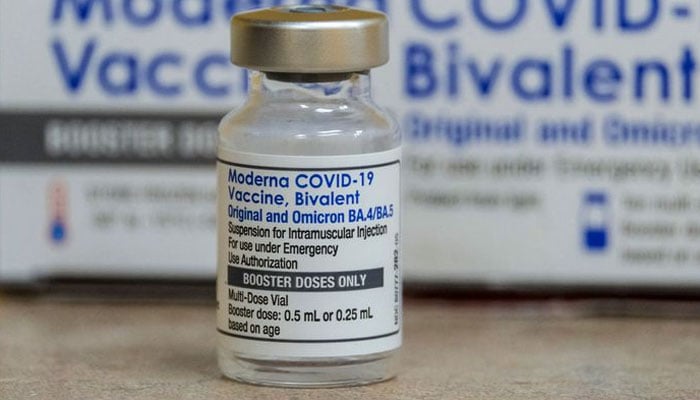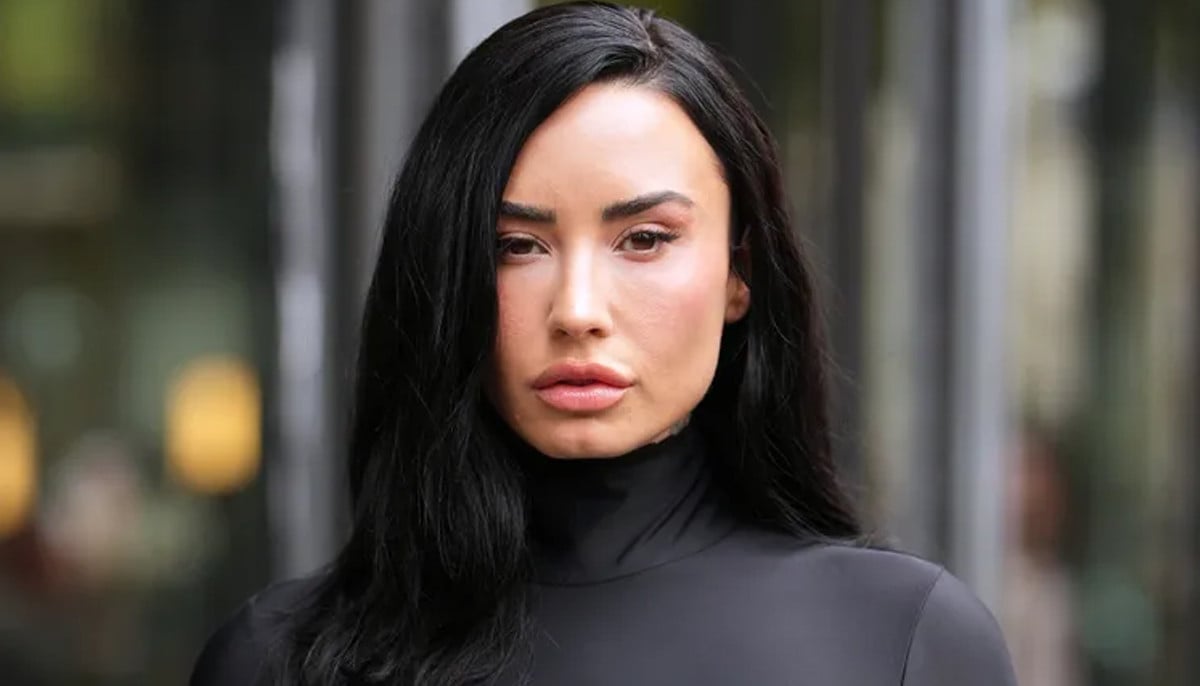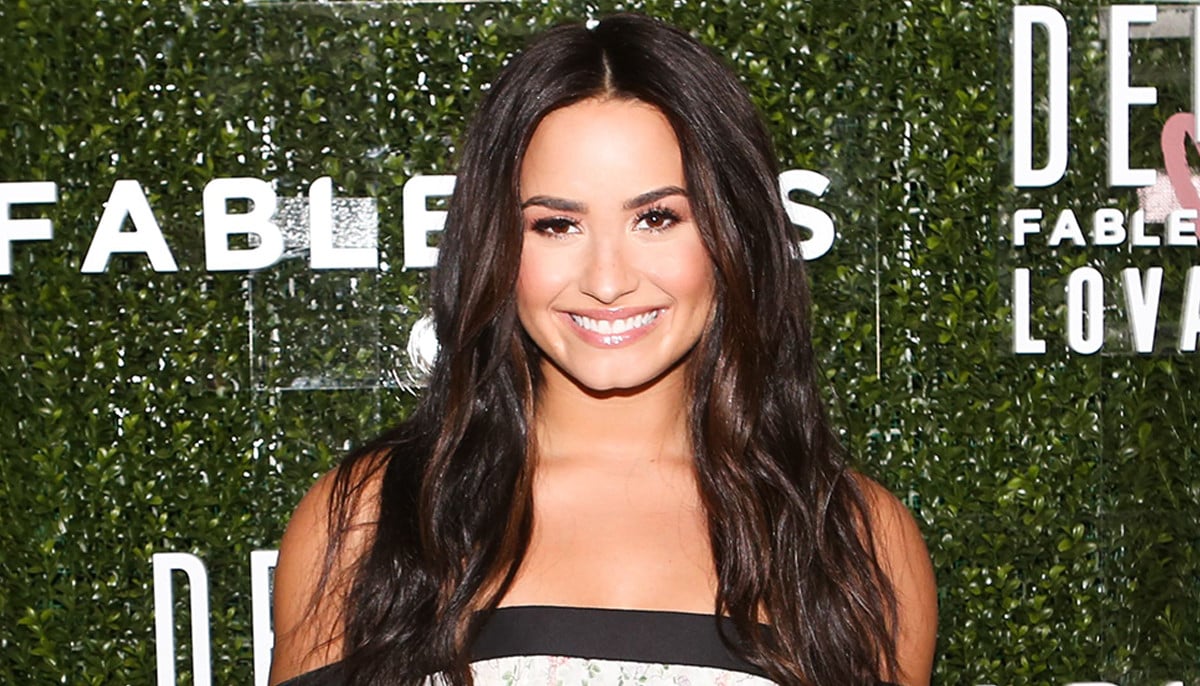Updated RSV COVID vaccine released — Do you need to take shots again?
Target of modified RSV COVID vaccine shots is an omicron offspring known as XBB.1.5
Updated COVID-19 vaccinations will be available, perfectly timed to be given alongside flu injections soon with older individuals and pregnant women likely to receive the first doses of the RSV vaccination this autumn, AFP reported Saturday.
In order to prevent another "tripledemic" like the one that left hospitals overrun with an early flu season, an outbreak of respiratory syncytial virus, and yet another winter coronavirus spike last year, doctors are hoping that enough people become immunised.
COVID-19, although not quite as many as at this time last year, the number of hospitalisations has been rising gradually since late summer, and RSV is now on the rise in several regions of the Southeast.
Within days, revised COVID-19 vaccines are anticipated to be approved. They are some of the instruments, according to the new head of the Centers for Disease Control and Prevention, that will help put the United States in "our strongest position yet" to prevent yet another unruly respiratory season.
“There will be a lot of virus this winter. That’s why we want to get ahead of it,” CDC chief Dr Mandy Cohen said.
Why additional COVID-19 shots?
The constantly changing coronavirus won't go away. The Food and Drug Administration granted Covid-19 vaccine producers a new formulation for this autumn, much as how flu injections are modified each year.
The only target of the modified shots is an omicron offspring known as XBB.1.5. It's a significant adjustment. The COVID-19 vaccinations, which have been available since last year, are combo injections that are quite out-of-date since they target both the original coronavirus strain and a much earlier omicron variant.
New supplies have been brewed by Pfizer, Moderna, and Novavax.
The FDA will shortly decide if each business has fulfilled the requirements for quality, efficacy, and safety. After that, the CDC must approve for immunisations to start. A CDC advisory council will meet on Tuesday to discuss the best way to administer the most recent vaccinations.
European authorities approved Pfizer's revised vaccination earlier this month for use in adults and children as young as six months this autumn.
Will they be sufficiently effective?
Health professionals are optimistic because there aren't any new mutants.XBB.1.5 has vanished as anticipated in the months it took to adjust the vaccine.
The majority of the coronavirus variations that cause sickness nowadays are pretty close cousins. nowadays, there is a soup of diverse coronavirus variants.
The revised injections should provide crossover protection, according to recent laboratory tests by vaccine producers and other research organisations.
Early immunisations or infections have continued to help prevent serious illness and death, but with time protection dwindles, especially against milder infections since the virus is constantly evolving.
The majority of Americans haven't received a vaccine in almost a year, despite the FDA allowing seniors and other high-risk individuals to receive an additional booster dosage last spring.
“The best thing people can do to maintain a normal way of life is to continue to get their booster shots,” said Duke University vaccine expert David Montefiori.
Who else requires a flu vaccination?
The CDC recommends an annual flu vaccination for almost everyone aged 6 months and older. By the end of October is the ideal time.
Like COVID-19, influenza can be particularly harmful to some populations, including the very young, the elderly, those with weakened immune systems, those with lung or heart illness, and those who are immunocompromised.
There are many influenza vaccinations available, including a nasal spray variant for certain younger persons. More importantly, because they have been shown to be more effective at boosting an older adult's immune system, three injections are especially advised for seniors.
Can I get both a Covid-19 and a flu shot at the same time?
Yes.
The CDC claims that receiving those vaccinations at the same time has no impact on their efficacy or adverse effects, albeit receiving one in each arm could be more pleasant.
Whose new RSV vaccine is it?
For most individuals, RSV is a bothersome cold-like illness that is less well-known than the flu. However, RSV causes wintertime hospital overcrowding and can be fatal for young children, the elderly, and those with certain high-risk medical conditions.
It is most known for inflaming newborns' small airways, which causes them to wheeze, but it is also a major cause of pneumonia in elderly people.
Adults 60 and older can receive RSV vaccinations from GSK and Pfizer. The CDC advises elders to discuss getting the one-dose injection with their doctor.
Additionally, the FDA has authorised Pfizer's RSV vaccination to be administered late in pregnancy so expectant mothers may safeguard their unborn children. Later this month, the CDC is anticipated to provide guidelines on such usage.
Advice on the administration of the RSV vaccine in addition to the flu and Covid-19 doses is also forthcoming.
What about RSV and babies?
This autumn, parents may learn about one more new shot: an injection of lab-created antibodies to protect infants from RSV.
That differs from a vaccination, which is equally protective but instructs the body to produce its own infection-fighting antibodies.
Sanofi and AstraZeneca's Beyfortus was just authorised by the FDA. All infants under the age of 8 months are advised to take the medication once before their first RSV season.
-
Lewis Capaldi details 'impact of Tourette' on his career
-
Christina Applegate struggles to leave bed amid multiple sclerosis battle
-
Demi Lovato bravely admits she is ‘not ashamed’ of having bipolar disorder
-
Can humans reverse aging? Harvard scientist predict revolutionary breakthrough
-
How Liam Payne’s death impacted awareness about mental health
-
Taylor Swift expresses how negative body comments triggered her
-
Lady Gaga details how eating disorder affected her career: 'I had to stop'
-
Celebrities who struggle with infertility












